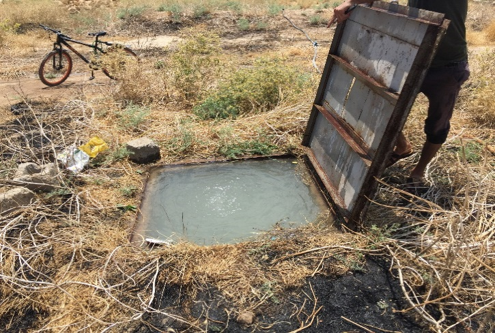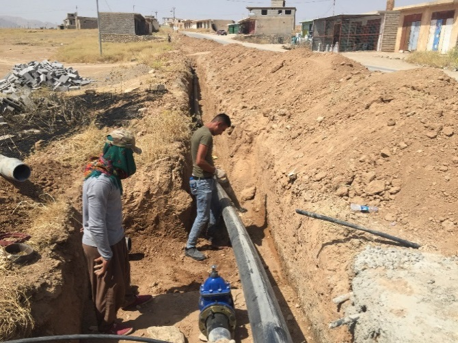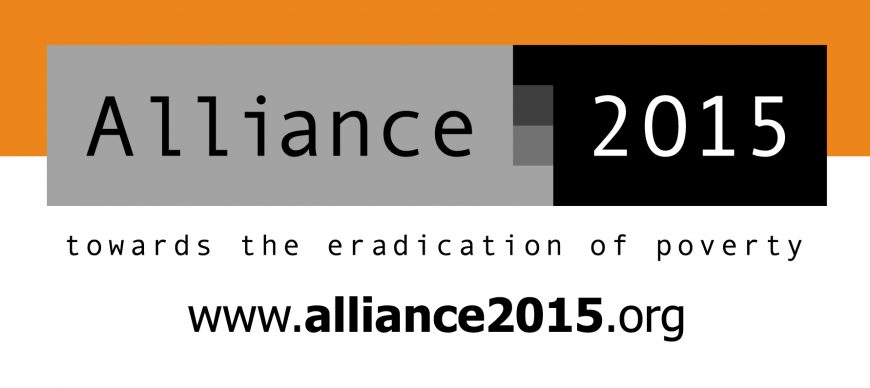Prior to 2014, over 1000 families lived in Duhla, a small village neighbouring the city of Sinuni in northern Iraq. With the arrival of ISIL fighters in 2014, the subsequent Peshmerga operation to dislodge the group from the city let to widespread destruction, including many public infrastructures.
ACTED's Alliance2015 Consortium partner, Welthungerhilfe (WHH) is working to bring essential water infrastructure back on line to help support the return of those displaced in the recent conflict.
Supporting Communities Returning to Conflict-Affected Areas
Duhla once enjoyed a good standard of living, however the conflict forced much of the population to flee. Those who have returned are often forced to reduce their water consumption, some borrowing water (or the money to pay for it) from relatives.
Sa’do Milko, a resident of Duhla, said: “I used to spend about 5,000 Iraqi dinars (about USD 4) a day to buy drinking water. Some of the families in the village could not afford this, so they had to use hard water for cooking and drinking.

Damage inflicted on the water supply network means that many of those displaced are delaying their return until such a time as they can once again enjoy secure access to water. Welthungerhilfe’s (WHH) intervention aims to repair public WASH facilities and re-establishing communal water sources, damaged by the conflict and lack of maintenance or insufficient to provide minimum water and sanitation standards in areas experiencing high influxes of vulnerable populations.
As part of the EU MADAD-funded consortium, WHH rehabilitated the damaged water network and water source of Duhla, restoring access to drinking water for over one thousand families. Additionally, since ground water is usually extracted through boreholes and then supplied through a network to the households in the village, WHH also rehabilitated the electric system of water pumps of five boreholes. WHH’s action also prevented further water leakages in the network of Duhla village and in the main transmission line taking water to the village from the boreholes.

The Positive Impacts of the Rehabilitations
Mr. Jamil, a community resident in Duhla said that before the rehabilitation, he received water only once a month through the network, but now he receives water frequently. The project also extended the water network to over a hundred households that did not have access to the network.
WHH also plans to train the employees locally responsible for the network in the skills they will need to ensure its continued operation and maintenance.
This project is funded by the European Union (MADAD Trust Fund) and implemented by Welthungerhilfe (WHH) in consortium with three other organizations; ACTED, PIN and PAH. The project aims to support conflict-affected people in Sinjar district to resettle and sustainably improve their resilience.

